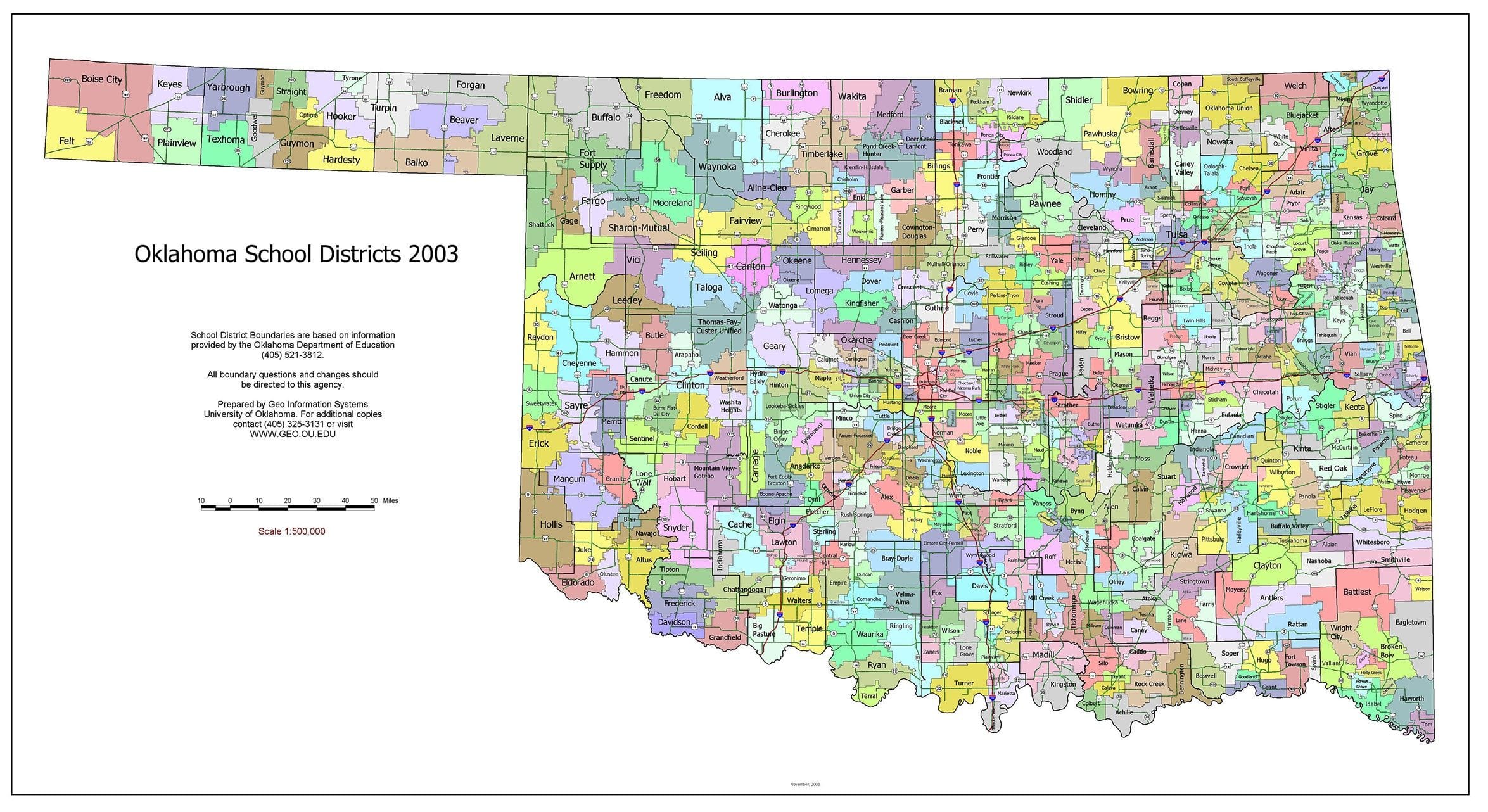A debate is brewing in Oklahoma over a new state law that could significantly impact the lives of immigrant families. The law, passed by the state legislature, allows school districts to collect information about the immigration status of parents when students enroll. While the law doesn’t mandate this collection, it opens the door for districts to gather this sensitive data, raising concerns about potential consequences for students and families.
Supporters of the law argue that it is necessary to ensure that only eligible students are enrolled in public schools and to prevent the exploitation of public resources. They contend that knowing a parent’s immigration status can help districts identify potential enrollment discrepancies and prevent fraudulent activities.
However, opponents of the law express strong reservations about its potential to alienate immigrant families and create a climate of fear and distrust within schools. They argue that collecting immigration status information could discourage families from enrolling their children, leading to lower enrollment rates and a negative impact on the overall educational environment.
Furthermore, critics worry that the data collected could be used for purposes beyond enrollment verification, potentially leading to the sharing of sensitive information with immigration authorities. This concern stems from the possibility of the data being misused or falling into the wrong hands, jeopardizing the safety and well-being of immigrant families.
The potential impact on students is also a major point of contention. Opponents argue that collecting immigration status information could create a stigma for students who are undocumented or have parents who are undocumented. This stigma, they fear, could lead to discrimination, social isolation, and psychological distress for these students.
The debate over the new law has sparked heated discussions in school districts across Oklahoma. Some districts have opted to avoid collecting immigration status information altogether, while others are exploring ways to implement the law while minimizing potential harm to students and families.
The situation in Oklahoma highlights the complex and sensitive nature of immigration issues in the United States. It raises questions about the balance between national security concerns and the protection of individual rights, particularly for vulnerable populations like immigrant families.
As the debate unfolds, it remains to be seen how school districts will navigate the complexities of this new law and what the long-term consequences will be for students and families.



